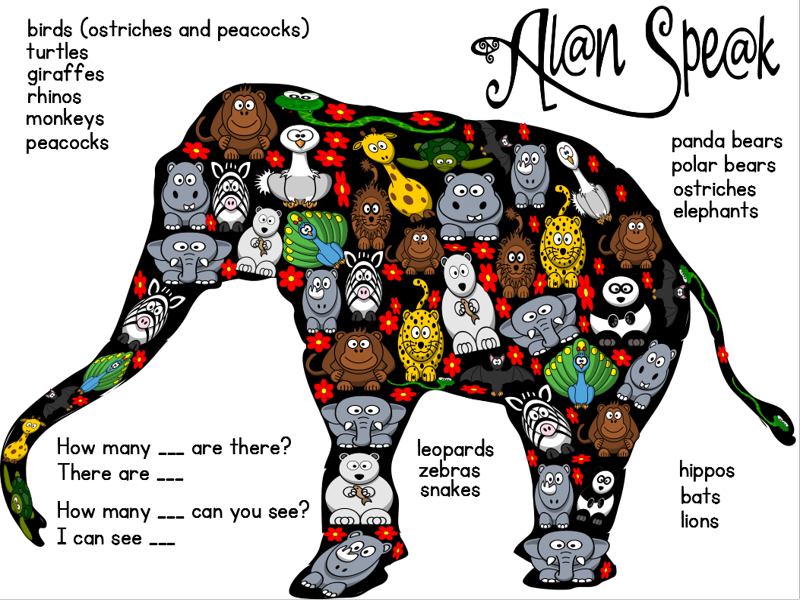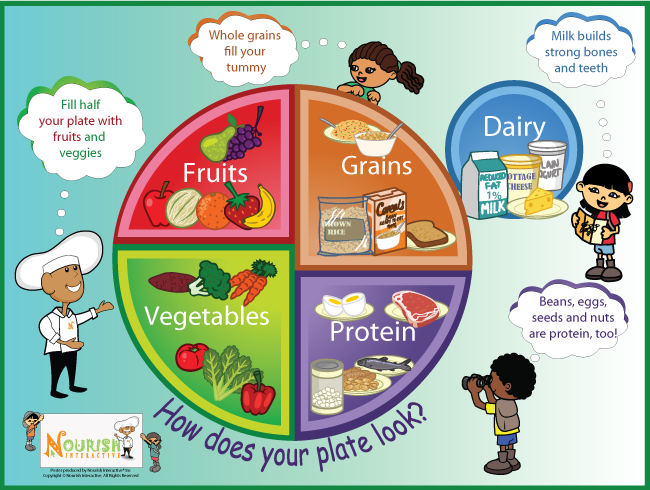Sour cravings during pregnancy
Why Am I Craving Sour Stuff During Pregnancy? Candy, Sweets, and More
Last Updated on April 26, 2022
Sweet and salty…and sour? While cravings for sweets and salty snacks might be the most iconic types of cravings during pregnancy, craving sour foods is just as popular!
Many foods aimed towards pregnant folks and morning sickness happen to be sour, so is there any connection between the two or do sour cravings mean something different entirely?
Unusual cravings set off alarm bells for many women. Luckily, sour cravings are not only common but a perfectly normal part of the pregnancy journey and not a sign of anything alarming. Cravings for sour stuff might even be your body’s way of helping you stave off pregnancy-related nausea!
No matter if you have a hankering for citrus, lemon, or even sour candies and confections, pregnancy cravings can be confusing to navigate. I will break down the science behind the possible causes, as well as what your need to consider when loading up your shopping cart with sour stuff.
Covered in this Article:
I’m Craving Sour Food When Pregnant: What Does it Mean?Less often talked about than other cravings in pregnancy, like chocolate, ice cream, or chips/crisps, it surprises many women when they suddenly develop cravings for sour candies and pucker-producing foods during pregnancy. Rest assured that these types of cravings are also very common and perfectly natural.
Like other common pregnancy cravings, there is no single reason why you have an intense hankering for sour foods. The usual quartet of possible causes (hormone changes, a nutrient deficiency, cultural/social factors, and the body’s desire for a compound in the food) applies to sour stuff as well (source: Frontiers in Psychology).
Many women find that sour foods, such as lemon and other citrus fruits, help to settle their stomachs when morning sickness strikes. Even if you are not currently feeling your stomach turn, your body might be helping you avoid those unpleasant feelings by getting you to take a bite of sour foods before nausea hits.
We have previously covered lemon, citrus, and their association to cravings in detail. Check out our dedicated articles for more ways these foods can impact your pregnancy.
Just like sweet and salty duo foods are often craved together, many women find themselves craving sour and salty in combination. Pickles are the prime example, of course, as they are both salty and sour (from the vinegar in the pickling brine).
When you crave sour foods in combination with salty foods, there are a few more possibilities as to what these food cravings might mean.
It is a popular hypothesis that craving salty foods while pregnant is your body’s way of retaining water to help you maintain a good internal fluid balance.
Progesterone surges in early pregnancy, which can lead to both higher salt and water losses when you use the restroom (source: Healthier Hawaii). Your craving for salty, sour snacks might actually be more about the salt than the sour tang.
Craving Sour Sweets and Candy During PregnancyCravings for sour sweets and tart candies is so common that a lot of ‘preggie pops’ and candies designed for pregnant woman come in sour flavors. Though these candies are certainly not a necessity during healthy pregnancy, many women report that the ‘preggie pops’ do relieve nausea.
Though these candies are certainly not a necessity during healthy pregnancy, many women report that the ‘preggie pops’ do relieve nausea.
The reason so many of these confections come in sour flavors is actually connected to nausea. The tart flavor of sour foods most often comes from citric acid, the main acid in citrus fruit. Citric acid is thought to decrease nausea by aiding in digesting, thereby soothing the stomach (source: Cleveland Clinic).
Just like cravings for sour foods, consistent hankerings for sour candies could be your body’s way of helping you prevent nausea in the first place. What better way to dodge feeling sick than to get ahead of them by pre-emptively sucking on a sour candy or tart lozenge.
Many of these ‘preggie pops’ and candies do contain sugar, which can lead to cavities. Continually popping another lozenge to prevent nausea can be worrisome for your dental health due to the consistent exposure to sugars.
Eating sour candies is still a better alternative to vomiting frequently, of course.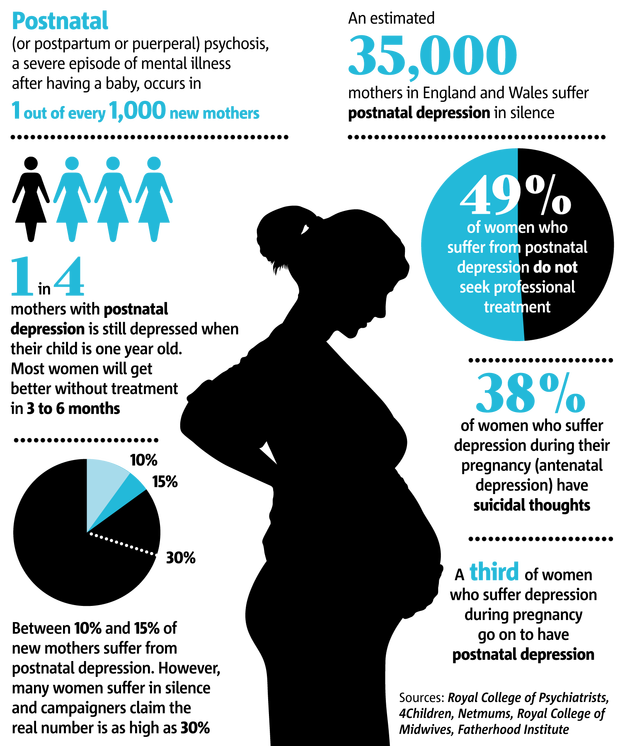 To help prevent cavities, try swishing your mouth out with water between candies or chewing xylitol-containing gum.
To help prevent cavities, try swishing your mouth out with water between candies or chewing xylitol-containing gum.
Nutritional deficiencies are the number one worry pregnant women have when they start craving sour foods. Most sour foods are high in antioxidants and vitamin C.
While these nutrients are especially important throughout pregnancy to keep your already-lowered immune system strong, it is unlikely that your sour cravings are the result of vitamin C deficiency.
Vitamin c deficiency, also known as scurvy, is rare in developed countries (source: Nutrients). Sour foods are also not the only good sources of vitamin C.
Other (non-sour) foods high in vitamins include potatoes, sweet potatoes, and bell peppers, not to mention that most prenatal vitamins already contain sufficient amounts of vitamin C (source: NHS).
It is more likely that sour cravings are due to nausea, morning sickness, or simply because you like the tart flavor and not due to a nutritional deficiency.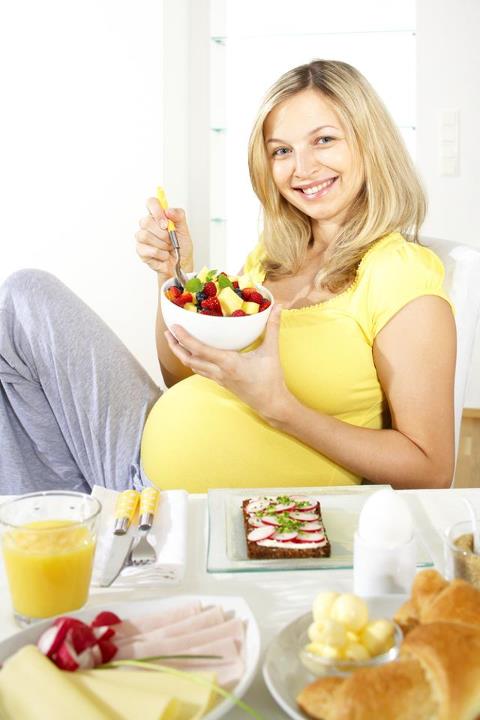
Craving sour food, especially candy, when pregnant is sometimes touted as a way to predict your baby’s gender. As the rumor has it, if you crave sour things while pregnant you are likely to have a baby girl!
Though guessing your baby’s supposed gender is certainly fun, there is no science to back up these rumors. Whether you crave sour, salty, or sweet snacks, you have equal chances of having a baby boy or a baby girl. The best way to predict a baby’s gender is by enlisting the skills of a sonographer.
No matter whether you prefer the pucker of sour candy or a tart piece of fruit, it is beneficial to know why you are reaching for sour foods and drinks and how they can help you navigate pregnancy nausea-free.
| This article has been reviewed and approved for publication in line with our editorial policy. |
Craving Sour Foods While Pregnant (Why It Happens & How To Handle it!)
Pregnancy can feel like an assault on a woman’s body.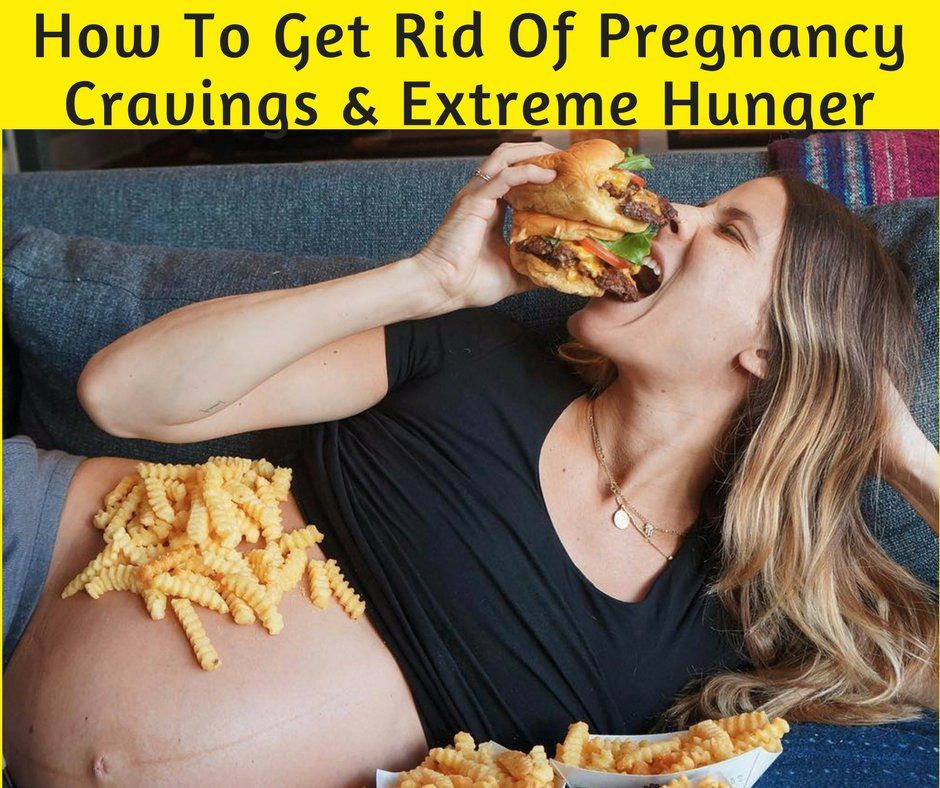 Hormones are thrown out of whack, and your body can be stripped of vital nutrients. Throw in the wild cravings, and it can make for a crazy nine months! A common craving women often get hit with is sour foods. But why does this happen, and is there any way to ease these cravings?
Hormones are thrown out of whack, and your body can be stripped of vital nutrients. Throw in the wild cravings, and it can make for a crazy nine months! A common craving women often get hit with is sour foods. But why does this happen, and is there any way to ease these cravings?
Pregnancy cravings will typically start toward the end of the first trimester and peak during the second. Cravings for sour foods are thought to be from a combination of allowing for better transfer of calcium and other nutrients from mom to baby, hormones fueling the cravings, and mommy’s body craving vitamins and nutrients sour foods can provide.
Are you craving a little more information? Keep reading below to find out more info on craving sour foods while pregnant and precisely what it means for mom and baby!
Table of Contents
Is it normal to crave sour foods while pregnant?
When a woman is pregnant, she will typically begin feeling certain cravings during the first trimester, peaking at some point during the second and usually dissipating toward the end of the third trimester.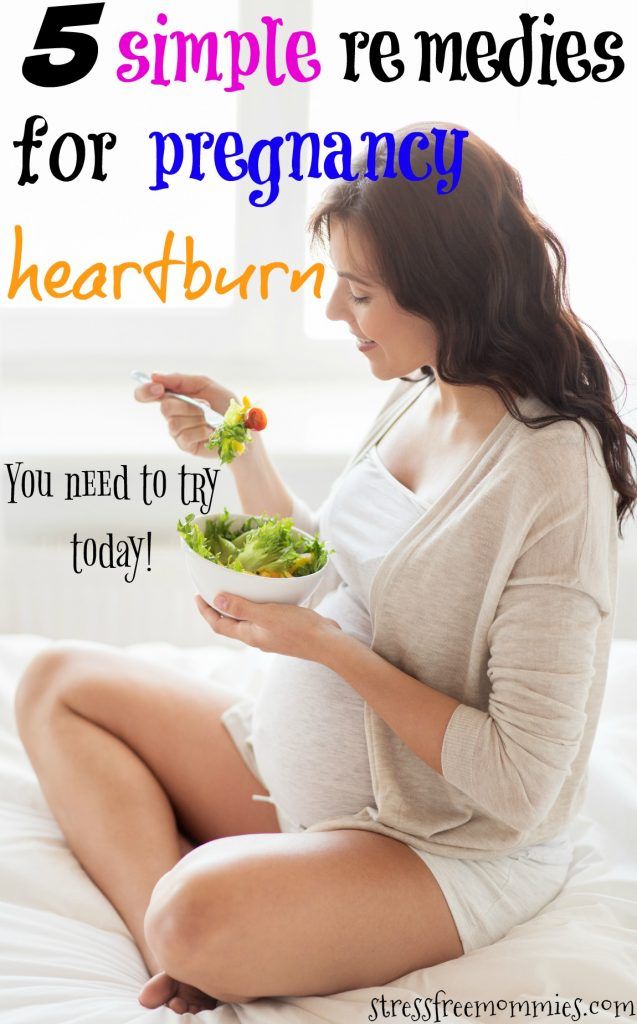
These cravings come in a wide variety of types and combinations:
- Sweets
- Dairy
- Fruit
- Chocolate
- Starchy food
- Ice cream
- Fast food
- All things sour
- and more!
These cravings are a normal part of pregnancy and not always indicative of a problem. However, it is always a good idea to let your doctor know about these cravings and feelings you may be having.
One of the most common and famous pregnancy cravings a woman can get is sour foods like pickles. This may be due to more than a psychological desire. The soon-to-be momma may be craving pickles or other sour foods as a way to retain body fluid.
Sour foods often contain salts that can help our bodies replenish low sodium levels. Maintaining proper sodium levels is vital for the body to transfer essential vitamins and nutrients from mom to baby.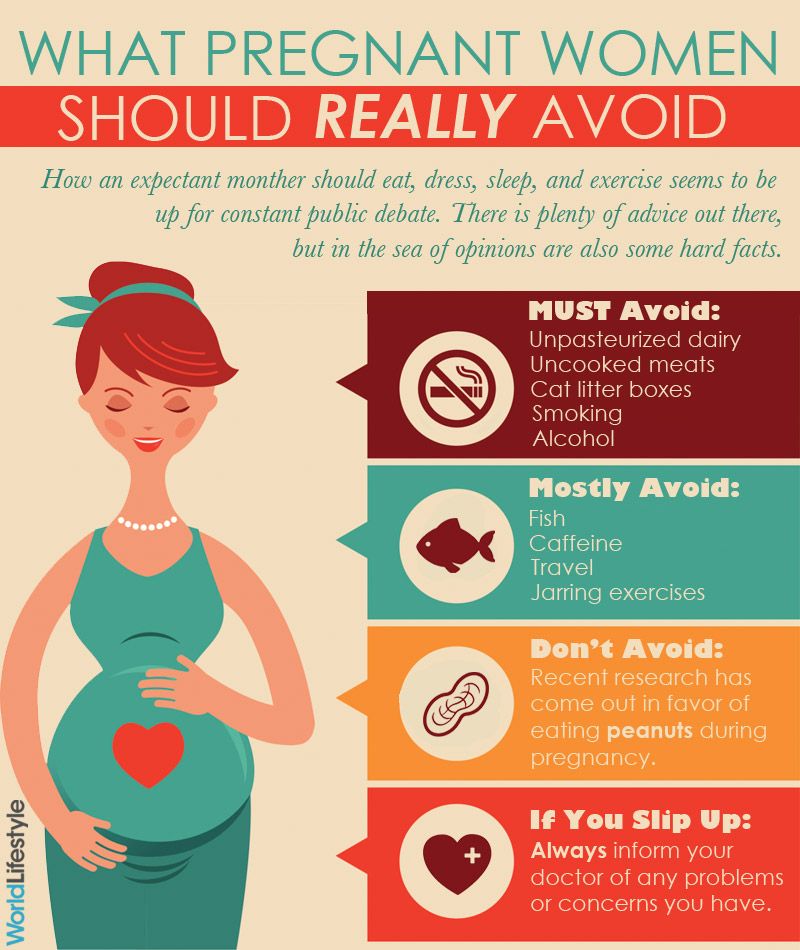
Is craving sour foods bad for pregnancy?
Things are changing fast and can be scary while you’re pregnant, so it is never a bad idea to let your doctor know about any changes in your body or cravings you may be experiencing. However, when it comes to sour foods, OB-GYN Dr. Idries Abdur-Rahman says, “Sour foods like limes and lemon and sour candies can reduce morning sickness by increasing salivation.” Still, like everything in life, moderation is key, and excess desires and consumption should be reported to your doctor.
Cravings for wild foods and drinks are a normal part of pregnancy; cravings for non-food items are not. You should tell your doctor as quickly as possible if you find yourself wanting to scarf down non-food items.
This feeling is referred to as pica and is caused by deficiencies in vitamin B, iron, and zinc. Those suffering from pica may feel the desire to eat a long list of non-food items, such as:
- Ice
- Clay
- Soap
- Buttons
- Sand
- Hair
- Dirt
- Cigarette butts
- Ashes
- Chalk
- and more
If you let your doctor know about these cravings, they can run tests to determine if you have low iron or zinc levels.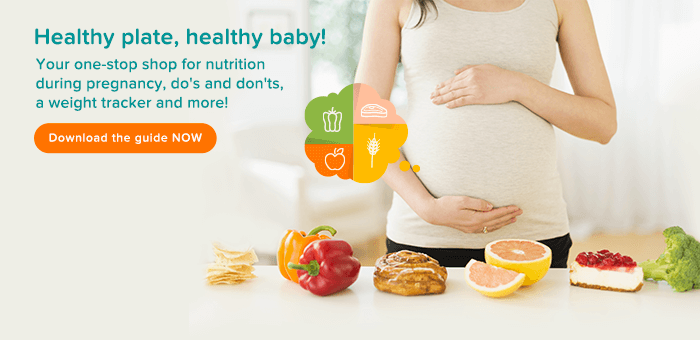 The condition can be eliminated with time and vitamins.
The condition can be eliminated with time and vitamins.
Can eating sour foods cause miscarriage?
Eating large excessive amounts of anything during pregnancy can be unhealthy.
When consumed within normal quantities, Sour foods do not pose an increased risk to the pregnancy and can help with nutrient transfer between mom and baby. They can also help replenish key vitamins and nutrients lost during pregnancy.
Some foods could potentially lead to a miscarriage or other major health concerns for mom and baby:
- Caffeine
- Fish with high mercury levels
- Raw eggs
- Cheese made from unpasteurized milk
- Animal liver in large portions
- Large amounts of peaches and wild apples
- Raw seafood
Many of these foods are potential carriers of e. Coli or other harmful bacterias if they are not appropriately prepared.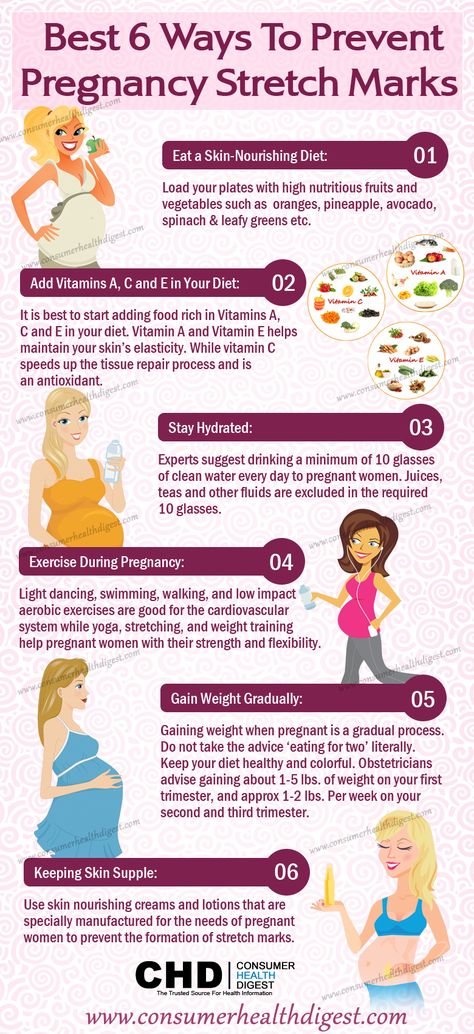 Expectant mothers are generally advised to limit consumption (in the case of caffeine) or avoid these foods altogether.
Expectant mothers are generally advised to limit consumption (in the case of caffeine) or avoid these foods altogether.
What if eating sour foods while pregnant upsets your stomach
Saying pregnant women go through a lot during pregnancy is an understatement. Swelling, cramps, and nausea are all super common. Nausea is a common ailment, affecting around 70-percent of pregnant women.
In general, sour foods are not a primary cause of nausea during pregnancy. In fact, a woman can use sour candies and peppermints to help stimulate salvation and potentially ease an upset stomach.
Unfortunately, there are quite a few things that can lead to an upset stomach and nausea for a pregnant woman:
- Smoke
- Excessive heat
- Different random foods
- Certain chemical smells
- Perfumes
- Quick movements
Sadly, it can seem as if there is no real rhyme or reason behind the things that can cause some women to become nauseated during pregnancy.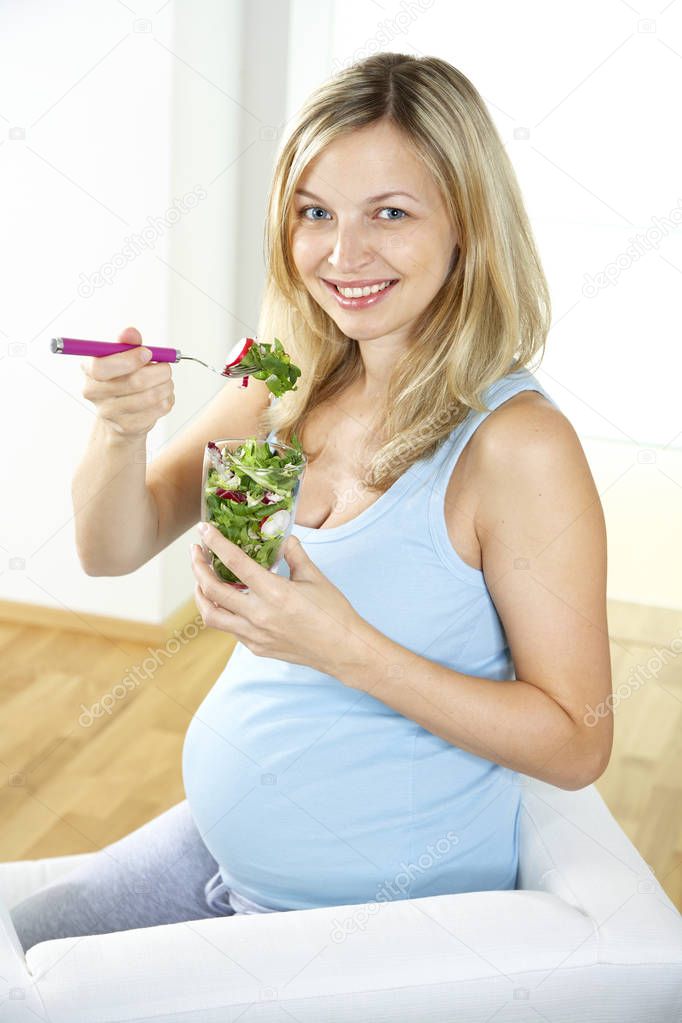
Luckily, women can do and eat a few simple things at home to help alleviate a nauseous tummy:
- Sour & peppermint candies
- Small portions of bland snacks
- Saltine crackers
- Small amounts of ginger
- Limit spicey & acidic foods
- Avoid strong odors and crowded, stuffy rooms
- Make sure to get plenty of rest
- Anti-nausea wristbands
One major product to avoid while pregnant is bismuth subsalicylate, also known as Pepto Bismol. The FDA has linked to increased bleeding risks during a woman’s second and third trimesters.
What does it mean if you crave sour foods while pregnant?
The world is full of old wives’ tales and myths about everything under the sun. Some of the most popular ones most of us have heard of are: if you pull one gray hair, two will grow to replace it; if you constantly crack your knuckles, you will end up with arthritis in your hands; and that cats are evil and will steal your soul.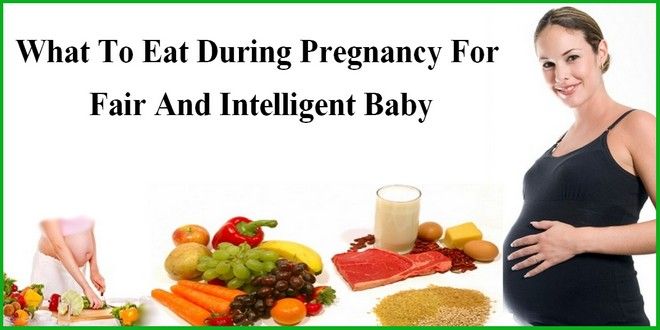
Pregnancy has a lot of its own myths and misconceptions. Many revolve around the belief that craving sour foods and a long list of other indications will let you know if you are having a boy or girl long before you would have an ultrasound. But like so many other myths floating around, these are not true.
Let’s take a look below at a few more of these myths and separate fact from fiction.
Does craving sour foods while pregnant mean it’s a boy or girl?
The sooner you can find out your baby’s gender, the sooner you can plan for explosions and fireworks at a gender reveal party! That last part was a joke; please stop the explosions and fireworks trends for reveal parties!
According to the myths and old wives’ tales, it is possible to use cravings to tell your baby’s gender. If momma has been craving sour and salty foods, she is going to have a boy. On the other hand, cravings for sweets point to having a little girl. Of course, none of these are accurate and in no way should be used to predict if you are having a boy or girl.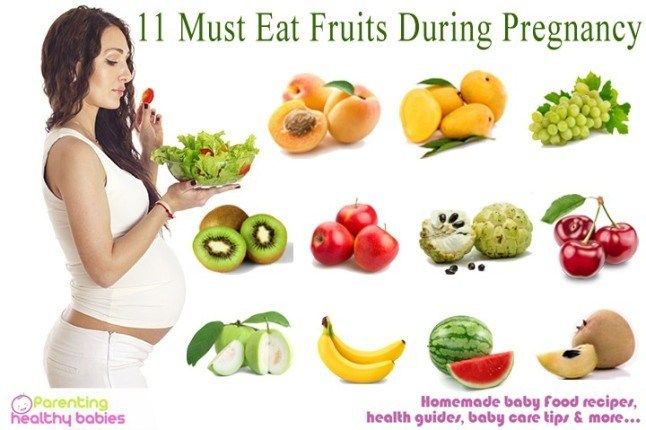 But, they are still fun and memorable things you can look back on after your little one is born and see if the predictors did pan out.
But, they are still fun and memorable things you can look back on after your little one is born and see if the predictors did pan out.
If you want to know your baby’s sex, and many of us do, non-invasive ultrasound is the way to go. At 12 weeks, the baby’s gender can be determined with 98 percent accuracy; at 13 weeks, that number goes up to 100 percent.
Other myths about eating sour foods when pregnant
Myths about sour food cravings determining your baby’s gender, being the cause of intense nausea, and worsening menstrual cramps are all false.
Let’s take a look at a few more common beliefs that don’t hold up to medical scrutiny:
- It is believed that if you sleep on your right side while pregnant, you are having a girl; your left side would mean it’s a boy.
- If you make it through pregnancy with little to no nausea, it’s believed you will have a boy. But, because girls are thought to be so much sweeter than boys, you will be very nauseous if it’s a girl.
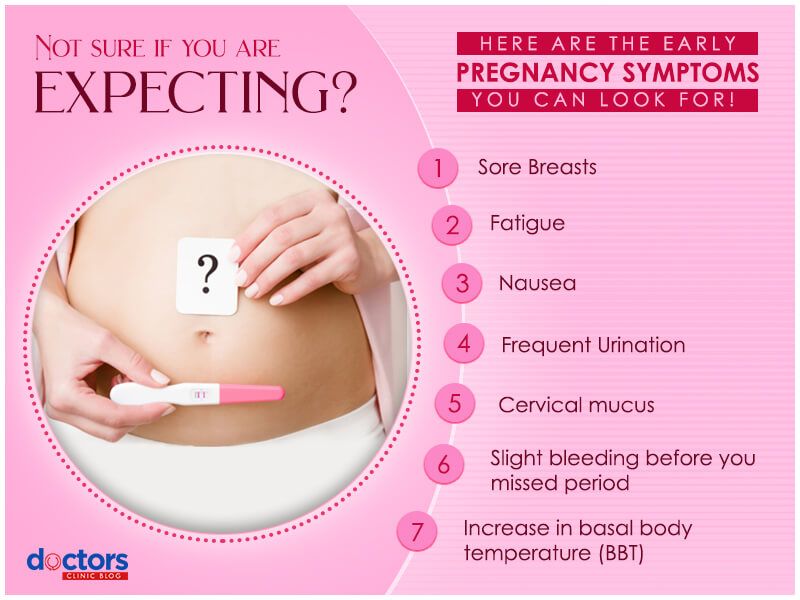
- Smooth, soft hands while pregnant? The belief is you are having a girl. Rough, dry hands, on the other hand, pun intended, means it’s most likely a boy.
- Old wives’ tales say you can expect a girl if you have a bad case of adult acne while pregnant.
- A popular myth is that if mommy becomes clumsy during pregnancy, you can expect a little boy to pop out.
- If mom gets a round, fuller face while pregnant, the old wives’ tales say it will be a girl.
Again none of these are true. Chances are some of them will seem to be true with your pregnancy and baby; some certainly matched up with our baby. But with a 50/50 chance, any prediction will be accurate half the time and appear real.
Another common belief that many believe to be a myth is that if a mom has a lot of heartburn during pregnancy, the baby will be born with a lot of hair. That sounds crazy, right! Well, that one may be true.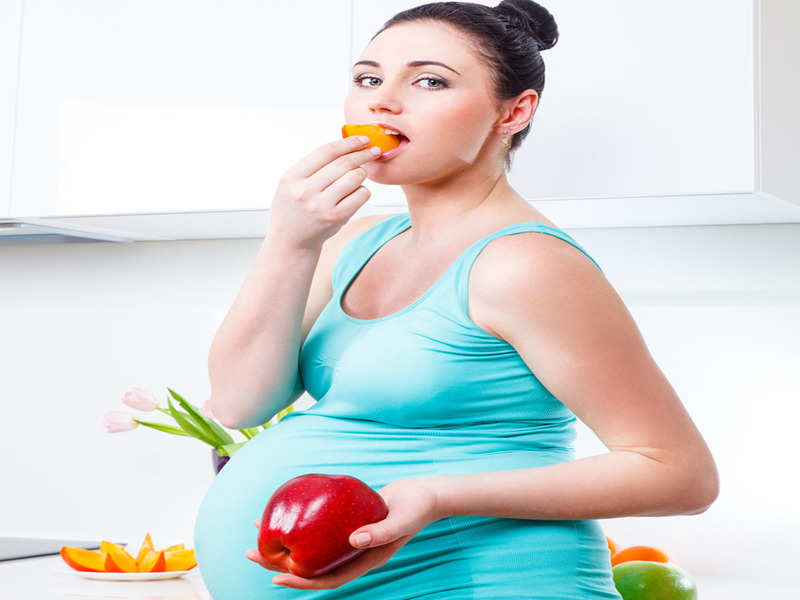 It isn’t the heartburn that directly causes an increase in your baby’s hair. The hormones estrogen and progesterone relax your esophageal sphincter leading to heartburn. It is believed that these two hormones also contribute to a baby’s hair growth in the womb.
It isn’t the heartburn that directly causes an increase in your baby’s hair. The hormones estrogen and progesterone relax your esophageal sphincter leading to heartburn. It is believed that these two hormones also contribute to a baby’s hair growth in the womb.
If you want to learn more, I have a HUGE list of the most common pregnancy cravings just for you!
Cravings during pregnancy: myth or fact?
Almost everyone believes that this is a common occurrence associated with pregnancy cravings.
There are many myths about pregnancy. Among them, traction is often discussed. Let's find out more about them and find out if they are a myth or a reality.
Cravings are defined as a strong appetite and are hardly worthless for some nutrition. Cravings can be sweet, refreshing, unusual, or aberrant in a normal diet. Women are in constant hormonal change , which may be indicative but has no scientific basis. There may be psychological reasons, anxiety …, Or wishes for attention and body care.
Almost everyone thinks that pregnant women have food cravings, from mouth-watering strawberries and cream to the wildest pairings , like pickles and chocolate. The figure of the father always appears, the one who, at odd hours, gives his beloved the opportunity to enjoy a moment of gastronomic pleasure.
Index
- 1 History of cravings
- 2 More frequent cravings
- 3 Features of cravings
- 3.1 Truth of cravings
- 4 Relationship between desire and weight gain
- 4 Relationship between desire and weight gain 900 900
History of cravings
Some pregnant women crave certain foods, which can happen to other people at any point in their lives and without further complications. What is convenient is to be moderate in this regard, i.e. one should not give free rein to desires and eat uncontrollably whatever you want. In health, especially for the expectant mother in the first place.
In health, especially for the expectant mother in the first place.
Around the 1960s and 70s, something affected the proper nutrition of pregnant women, which negatively affected the development of children. Years later The idea that pregnant women should overeat was still there to prevent it from happening again.
Today, pregnant women are fully supervised, they are even advised to gain weight and informed about the list of the most harmful foods for 9months. At this time, it may happen that during pregnancy the so-called "hunger hormone" is increased. This contributes to the regulation of energy metabolism.
More frequent cravings
The sweet taste of chocolate or pastry transcends the taste aspect and reaches the pregnant woman's brain for pleasure.
El the sweet taste surpasses the taste aspect and reaches the brain of a pregnant woman, giving pleasure That's why chocolate or pastries are so popular among pregnant women, and not only for them.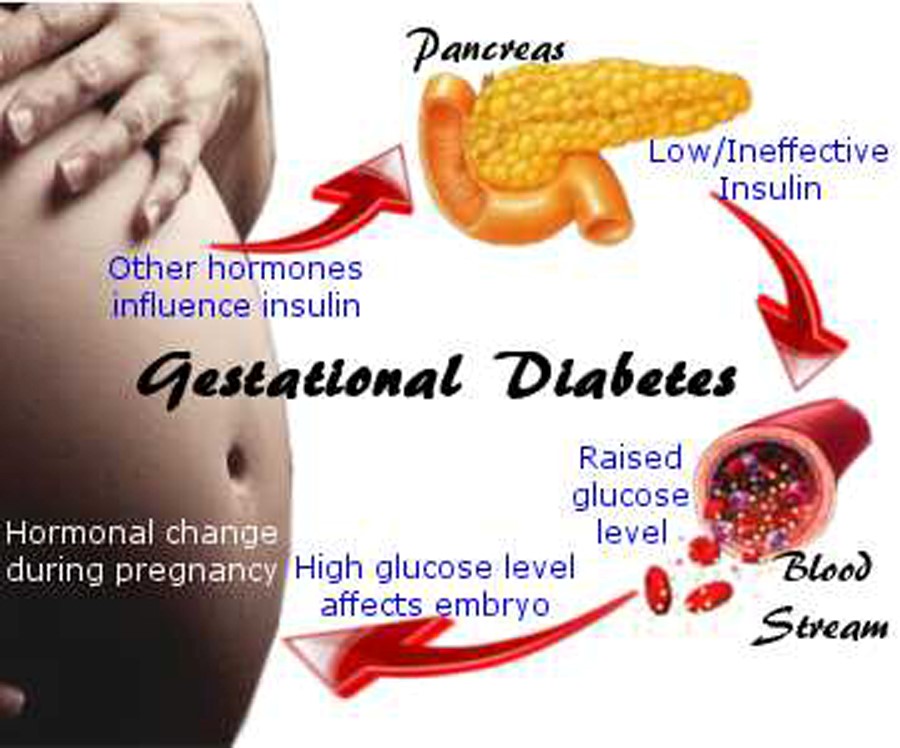 Some examples :
Some examples :
- Ice : When taken, heat is better tolerated and they provide sugar. Cold helps with annoying nausea.
- Chocolates and chocolates : Enjoyment is guaranteed with them. This is a good antioxidant.
- Pretzels . They help to better cope with nausea.
- Pickles : Pregnant woman can choose any canned food. A strong aroma can cause appetite. It's the same with spicy food. They should be used with caution because they can cause stomach discomfort.
- Fruit, especially sour as in the case of strawberries. They contain a lot of vitamin C, and it is this level that decreases during pregnancy. He also provides the mother with sugar.
- Cheese and dairy products : It probably tastes so good that pregnant women need calcium. However, during pregnancy, you need to be very careful with cheeses and unpasteurized milk.
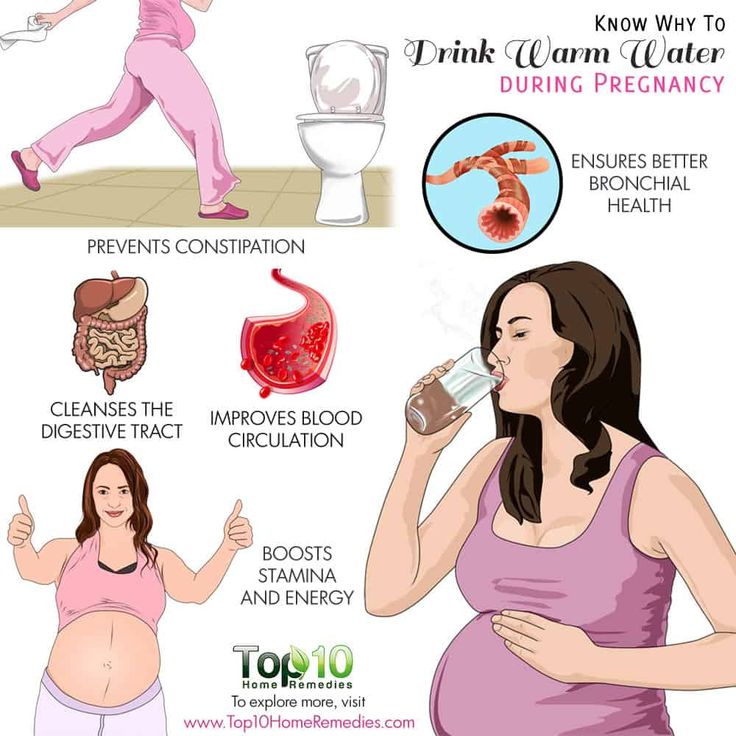 They should be consumed in moderation. Yoghurts are healthy, fast and appetizing food.
They should be consumed in moderation. Yoghurts are healthy, fast and appetizing food.
Features of cravings
- There is such a thing as "Pica", in which pregnant women feel the desire to eat substances that are not food. eg dirt, chalk or stones. It has not been proven to have anything to do with the state of pregnancy.
- The traditional saying guarantees that the sex of the unborn child if she is a girl, this is due to the consumption of sweets such as cakes or chocolate. If I were a child, cravings would be more salty and spicy, like chili peppers, tabasco, pipe... Obviously, a person's gender does not depend on food.
- Legends say that this unusual appetite causes child and if it is not satisfied, the child may develop spots of the shape or color of inedible food.
- Another idea is that in order to be considered a craving, you must desire junk food .
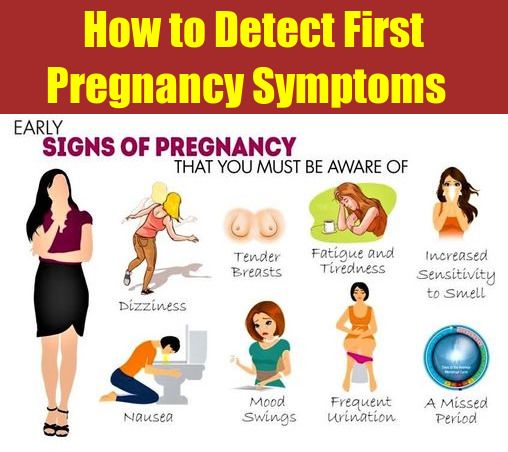
True cravings
- Baby no will suffer the consequences of as a result of not eating the desired food.
- La the body's need for nutrients, minerals or Vitamins , weakness ..., can make you crave special foods rich in them.
- Longing desire may be healthy .
- Pregnant women should not indulge in appetite and self-control. They must not eat for two .
Relationship between desire and weight gain
They say that in order to be considered a craving, you have to crave junk food.
A pregnant woman should take care of herself, follow a meal plan and eat the healthiest food possible. Gaining many kilograms is not optimal for either the mother or the child. , especially next day delivery. Ideally, gain about 10-12 kilograms, but medical control and the fact that it is he or she is important. The matron are those who guide the mother and help her in this process.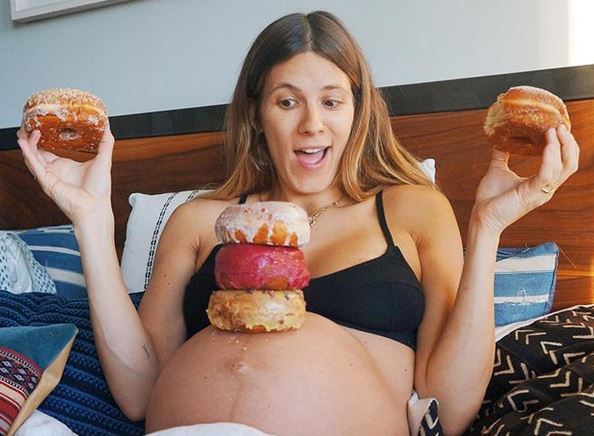
It is important to differentiate the age and starting weight from one pregnant woman to another, weigh whether she is doing sports normally, whether she leads an active lifestyle, whether she suffers from any disease, such as diabetes, obesity, and in this case, take the weight should be less than ... Cannot use the same scale for all . Even before pregnancy, a woman is advised, if she has not already done so, to start exercising and try to live as healthy a lifestyle as possible.
Drink plenty of water, eat plenty of fruits, vegetables, meat and fish. ... And avoid as many complex carbohydrates as possible, you need to eat rice or bread. Everything you need to fully nourish the table and meet the needs of mother and child. Weight is gained not only from eating, but also from the placenta amniotic fluid, baby, breast augmentation… everything will eventually make up the final weight, and on the day of delivery, some of this weight will disappear, and another in the following days, weeks or months.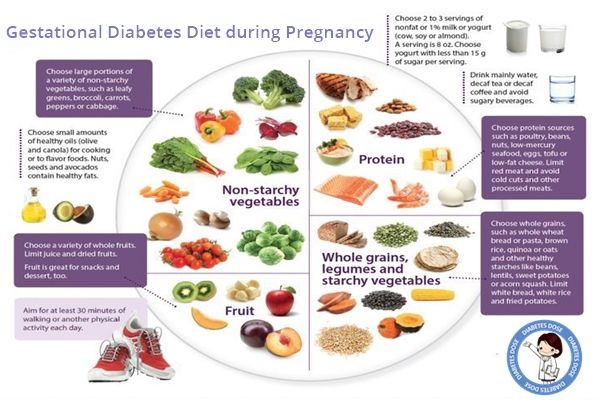
How to deal with cravings?
In case of food cravings, it is best to make a meal plan and choose between foods with a higher nutritional content . You need to choose foods rich in proteins, vitamins ... and eradicate "junk food" that does not do anything good. It is extremely important that pregnant women eat 5 meals a day (and that breakfast is the best meal of the day) so that their meals are not superfluous.
It is important and necessary to exercise daily, drink plenty of water, if possible 2 liters a day, try to lead a quiet life and seek support from family and close friends. Some simple and healthy cravings options are:
- Yogurt creamy.
- Black chocolate , some daily portion. Lower sugar content.
- Unsalted nuts . They promote fluid retention.
- White bread and pastries - by user whole grain flour and cereals .
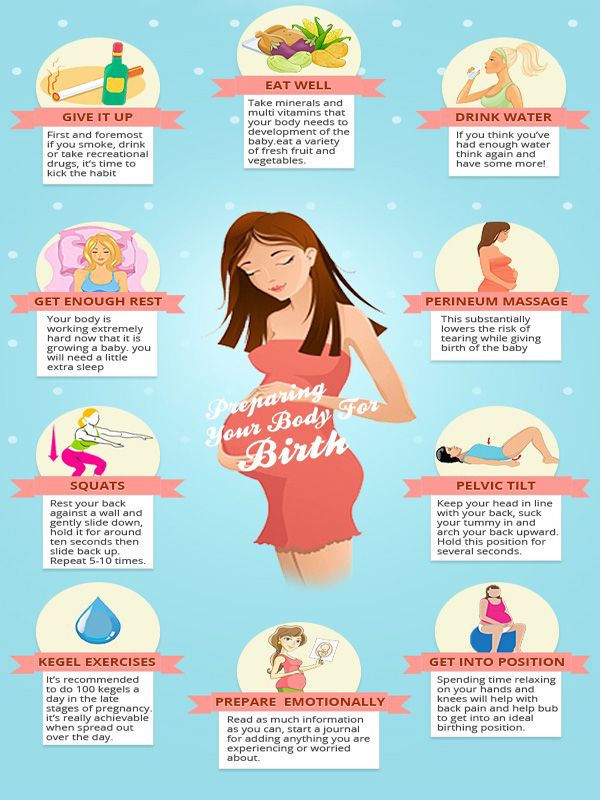 Promotes intestinal transit.
Promotes intestinal transit.
The content of the article complies with our principles of editorial ethics. To report a bug, click here.
You may be interested in
The cause of pregnancy food whims: it's not because their body lacks something
- Veronica Greenwood
- BBC Future
Sign up for our Newsletter “Context”: it will help you understand the events.
Image copyright Getty Images
What's behind pregnancy's weird eating habits? Most likely, not at all what we are used to thinking about.
We have all heard stories a thousand times about a pregnant woman who, in the middle of the night, wanted a pickled cucumber with ice cream so much that she sent her husband in search of the desired products. Or who passionately wants chocolate - but not any, namely one that cannot be found in stores nearby.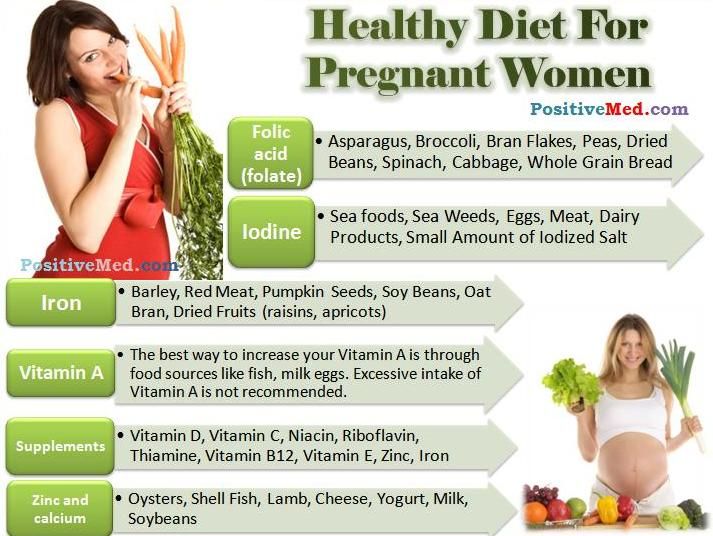
However, why "heard"? Perhaps you yourself experienced an inexplicable desire to eat something special when you were pregnant.
Often they try to explain this by saying that the food whims of pregnant women occur due to the fact that their body (or the body of a developing fetus) suddenly needed certain nutrients, and there is even something attractive, touching in such an explanation.
In the end, bearing a child is a difficult, long, not always pleasant and sometimes mysterious process. And if a burning desire to urgently eat a burger, or even two, has such a good reason - well, so be it.
However, when you look at the scientific research on this phenomenon, things turn out to be much more complex and fascinating.
Researchers found that the food whims of pregnancy (as a concept) did not exist in all cultures.
And in those non-English speaking countries where pregnant women sometimes report their sudden food cravings, they want something completely different than, for example, women in the US and the UK.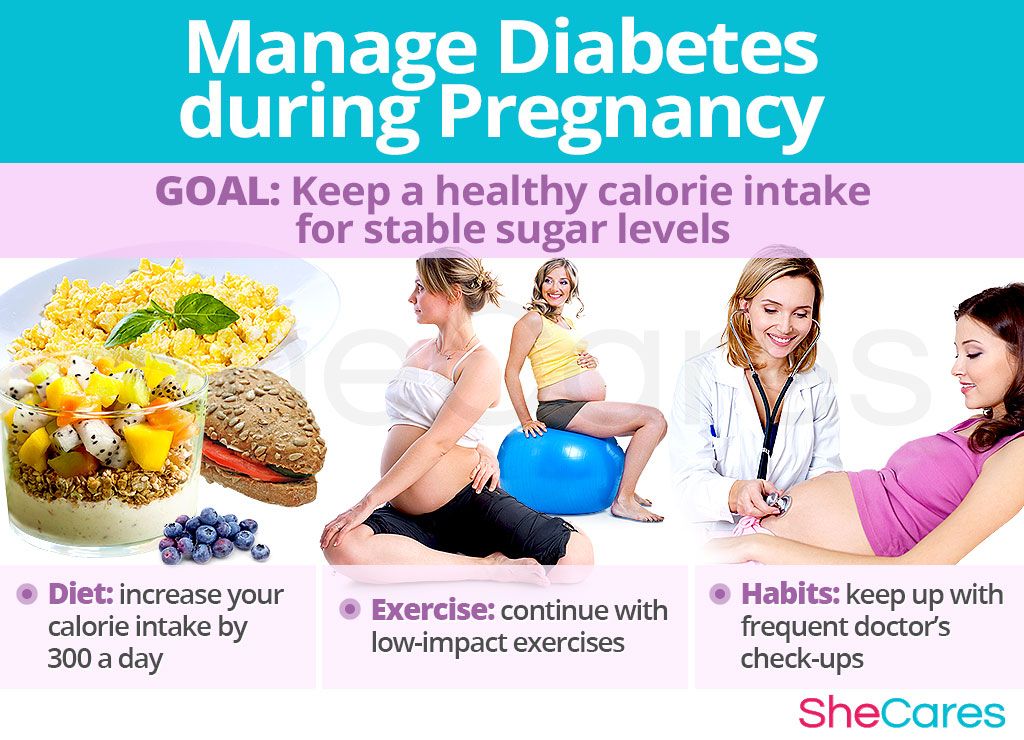 For example, in Japan, most often they want such a prosaic thing as rice.
For example, in Japan, most often they want such a prosaic thing as rice.
- Why you shouldn't trust the craving to eat
- Why you want to eat the earth
- Three pregnancy myths: food, pain and airplanes
Skip the Podcast and continue reading.
Podcast
What was that?
We quickly, simply and clearly explain what happened, why it's important and what's next.
episodes
The End of the Story Podcast
Going further, studies that have tried to find out whether the body gets the special nutrients it needs from the foods that pregnant women most often want to eat have found no evidence of this.
In fact, women who reported cravings for food ended up gaining much more weight than is considered healthy during pregnancy as a result, which could lead to more complications.
This, however, does not mean that women invent all their desires. And the fact that the reasons for their whims are completely different, they are not dictated by biochemical need.
Understanding why people suddenly crave certain foods in the first place can help, says Julia Hormes, a professor of psychology at the State University of New York at Albany, who studies food cravings in a variety of ways.
For example, she says that about 50% of women in the US report craving chocolate during the week leading up to their period.
The scientists decided to investigate whether this craving is due to certain nutrients in chocolate that are important for menstruation, or whether it reflects hormonal changes.
Image copyright, Getty Images
Image caption,Food vagaries may be related to the psychology or cultural traditions of a particular society
In one experiment, a psychologist gave women a box and asked them to eat its contents when they suddenly felt like eating something.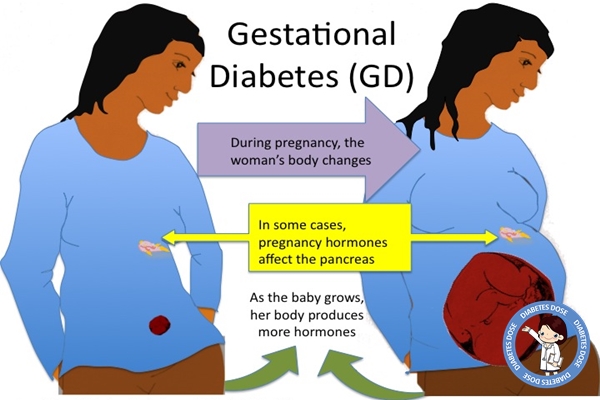
Some of the boxes contained milk chocolate, which had all the usual chocolate ingredients and also had a nice melt-in-your-mouth sweet sensation.
Others have white chocolate that does not contain cocoa solids (which give milk and dark chocolate its dark color) but still has a pleasant texture.
Third, cocoa candies with all the nutrients of cocoa, but without the mouthfeel that chocolate does.
It turned out that white chocolate had the greatest success in satisfying desires, which suggests that whims are not spurred on by any particularly useful cocoa ingredients.
Other studies of "chocolate whims" have not been found to be associated with hormone levels.
In fact, even during menopause, women continued to feel the desire to eat chocolate, Horms emphasizes, they simply began to attribute it to other reasons.
All this brings us to the conclusion that the source of food vagaries is in psychology or in cultural traditions. A craving for a cookie, a chocolate bar, or a bag of chips can start as a simple thought and then grow bigger and bigger, becoming an obsession that is hard to resist.
A craving for a cookie, a chocolate bar, or a bag of chips can start as a simple thought and then grow bigger and bigger, becoming an obsession that is hard to resist.
At the same time, thoughts of something delicious can coexist with feelings of guilt.
- Coronavirus and pregnancy: what are the risks for expectant mothers?
- "During my pregnancy I lost 20 kg - the doctors didn't understand what was going on"
- Why pregnancy is not a hindrance to sports by definition, and on the other hand, the culture in which I live tells me that I should not eat it. I really want it, but I can’t ... "And this has its consequences.
In particular, if you hold yourself back for a long time and you already have a barrier in your head (you are not allowed to eat this food!), it will be extremely difficult to resist and not lose control of your desires when you reach for a forbidden treat.

And then, after eating a piece of cake, instead of feeling satisfied and doing something else, you eat three more pieces.
Adding fuel to the fire is the fact that women during pregnancy can limit themselves to certain foods - either by following a healthier diet or following the recommendations of a doctor.
Image copyright, Getty Images
Image caption,Eating a piece of chocolate regularly can keep you from falling into uncontrollable devouring of tiles
All of these circumstances give rise - at least in some countries of the world - to situations in which food cravings are more frequent and more likely to occur and are harder to control, which can lead to, say, weight gain.
In addition, during pregnancy, a woman's whims in eating are not customary to condemn.
"In our culture, there are certain moments and situations in life when women are not judged for eating foods that are normally supposed to be avoided," says Horms.
 "PMS and pregnancy, for example, are considered such situations in society."
"PMS and pregnancy, for example, are considered such situations in society." - What if women had complete control over when and from whom to get pregnant?
- Medical myths about childbirth: the exact date, spicy food, and the waste of water
Understanding what leads to a craving to eat something can prevent the transition from just thinking about cake to eating cake, Hormes emphasizes.
One way is to use distractions, both visual and, for example, olfactory. The other is, with the help of self-contemplation and awareness achieved in meditation, to recognize the presence of desire and let it go, let it go.
Professor Hormes also recommends that if you have a craving for chocolate, for example, buy a very high quality bar and eat a couple of pieces every day, thus preventing the food whim from turning into an obsession and subjugating you.
As for the food whims during pregnancy, the cultural factor can play an additional role here: pregnancy for a woman is a very stressful time, and it can be difficult to go through it without someone's help.




